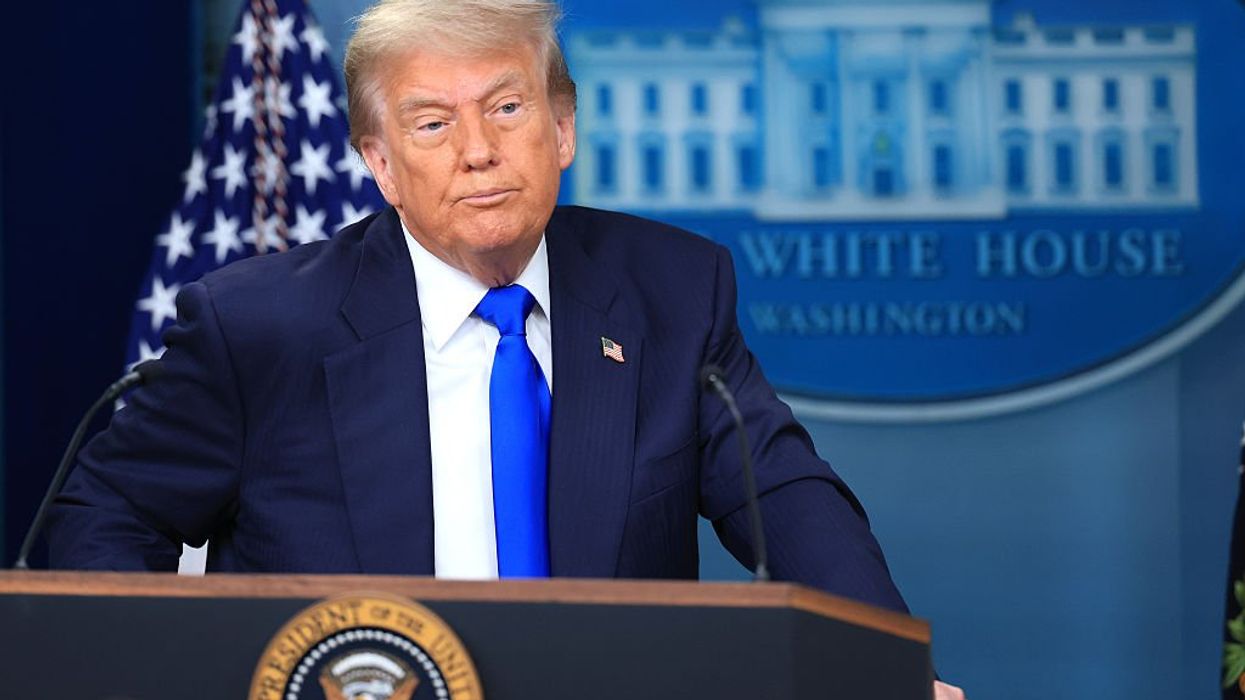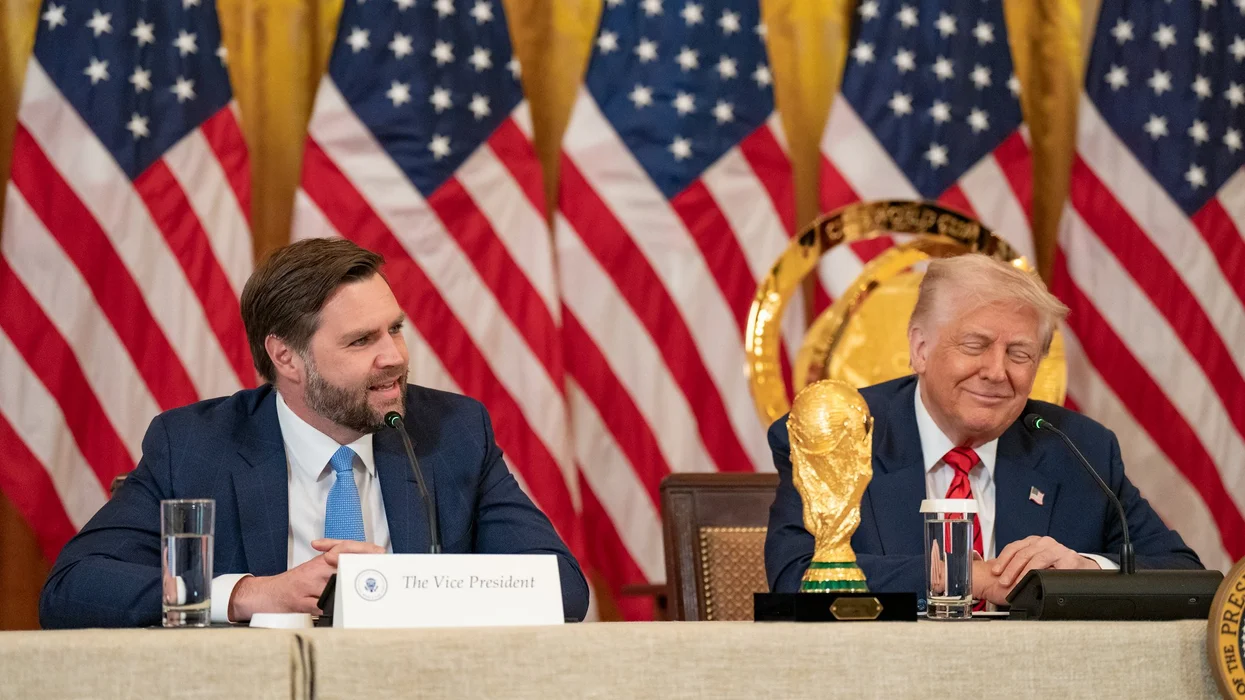Four state-run Obamacare exchanges that have so far cost U.S. taxpayers nearly half a billion dollars now lie in ruins, with the proposed fixes likely to add to their final cost.
 President Barack Obama steps out into the Brady Press Briefing Room before delivering remarks about Obamacare. (Getty Images)
President Barack Obama steps out into the Brady Press Briefing Room before delivering remarks about Obamacare. (Getty Images)
Massachusetts, Oregon, Nevada and Maryland, which were quick to embrace the Affordable Care Act, have spent approximately $474 million developing their exchanges, Politico reported.
In their rush to adopt Obamacare, the four states opted to develop their own online marketplaces where residents could sign up for health insurance coverage. But much like the federally run healthcare.gov, the exchange websites in Massachusetts, Oregon, Nevada and Maryland have been plagued with glitches and errors, preventing consumers from enrolling in health insurance plans.
The figure cited by Politico is simply the amount that the four states have already spent on their exchanges: The total amount of money that has so far been directed towards these projects is roughly $746,029,921, the Federalist reported, citing data from the Centers for Medicare & Medicaid Services.
Massachusetts will scrap its faulty exchange and build a new one, temporarily forcing state residents onto the federal exchange, all for a cost of about $100 million.
Oregon has junked its $248 million exchange, Cover Oregon, also forcing its residents to enroll in health insurance plans through healthcare.gov. The failure of Cover Oregon has promoted an investigation by General Accountability Office
“The next step is the federal investigation … and I’m anxious to get those results,” said Oregon Sen. Ron Wyden, a Democrat.
Nevada and Maryland are giving their exchanges one last shot, allowing contractors more time to work out the many glitches and errors.
As these states work to address their system problems, uncertainty over the cost and the time it will take to fix their exchanges has left consumers and insurance providers in a lurch.
And although the final cost of fixing the four exchanges is unclear, it’s almost certain that the federal government will assist the states in their efforts with more taxpayer dollars, adding to the enormous amount of money that has already been allotted to state-run Obamacare exchanges.
In fact, since 2011, the federal government has doled out roughly $4.69 billion to states to help them get Obamacare exchanges up and running, according to the Kaiser Family Foundation, a nonprofit health policy research group.
The cost to U.S. taxpayers has critics trumpeting the need for greater accountability on the issue.
“Instead of a quixotic sprint to rebuild the whole site in five months, state officials should instead pivot quickly to utilize the federal exchange, saving taxpayers tens of millions of dollars in the process,” Josh Archambault, a senior fellow at the conservative Foundation for Government Accountability, told Politico.
He said attempts by some states to rework their exchanges are merely efforts to save face.
State officials in Massachusetts have warned that what little is left of their federal grants may not be enough to fix their exchanges.
“You have two choices,” Rep. Stephen Lynch (D-Mass.) said Thursday. “One is to expend even greater amounts of money on something that had limited success thus far or going to the federal exchange. … There’s simplicity in that, and I think that may be where some within the commonwealth would like to go.”
Just 14 states and the District of Columbia currently operate their own exchanges.
—
Follow Becket Adams (@BecketAdams) on Twitter
This post has been updated.

 President Barack Obama steps out into the Brady Press Briefing Room before delivering remarks about Obamacare. (Getty Images)
President Barack Obama steps out into the Brady Press Briefing Room before delivering remarks about Obamacare. (Getty Images)





